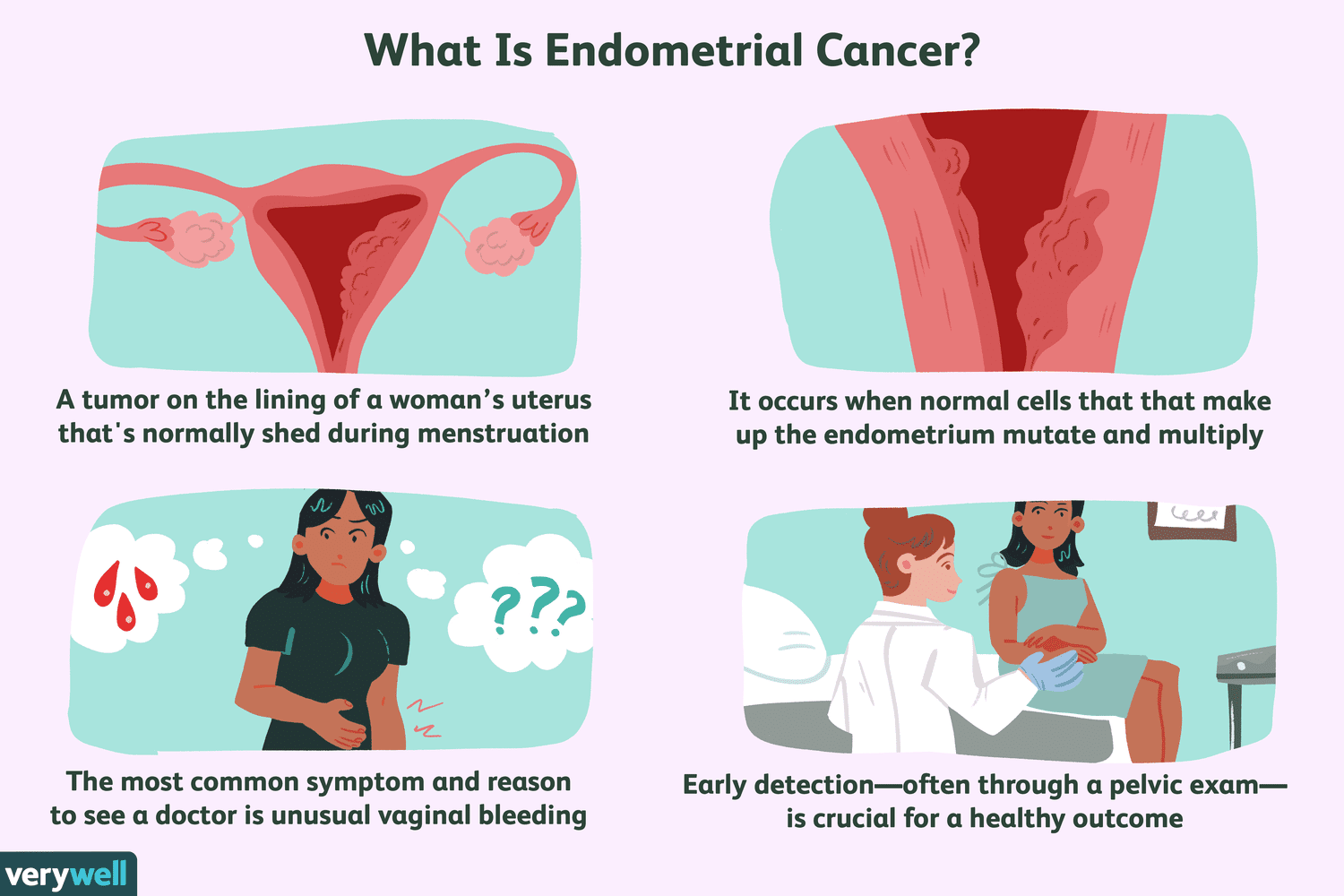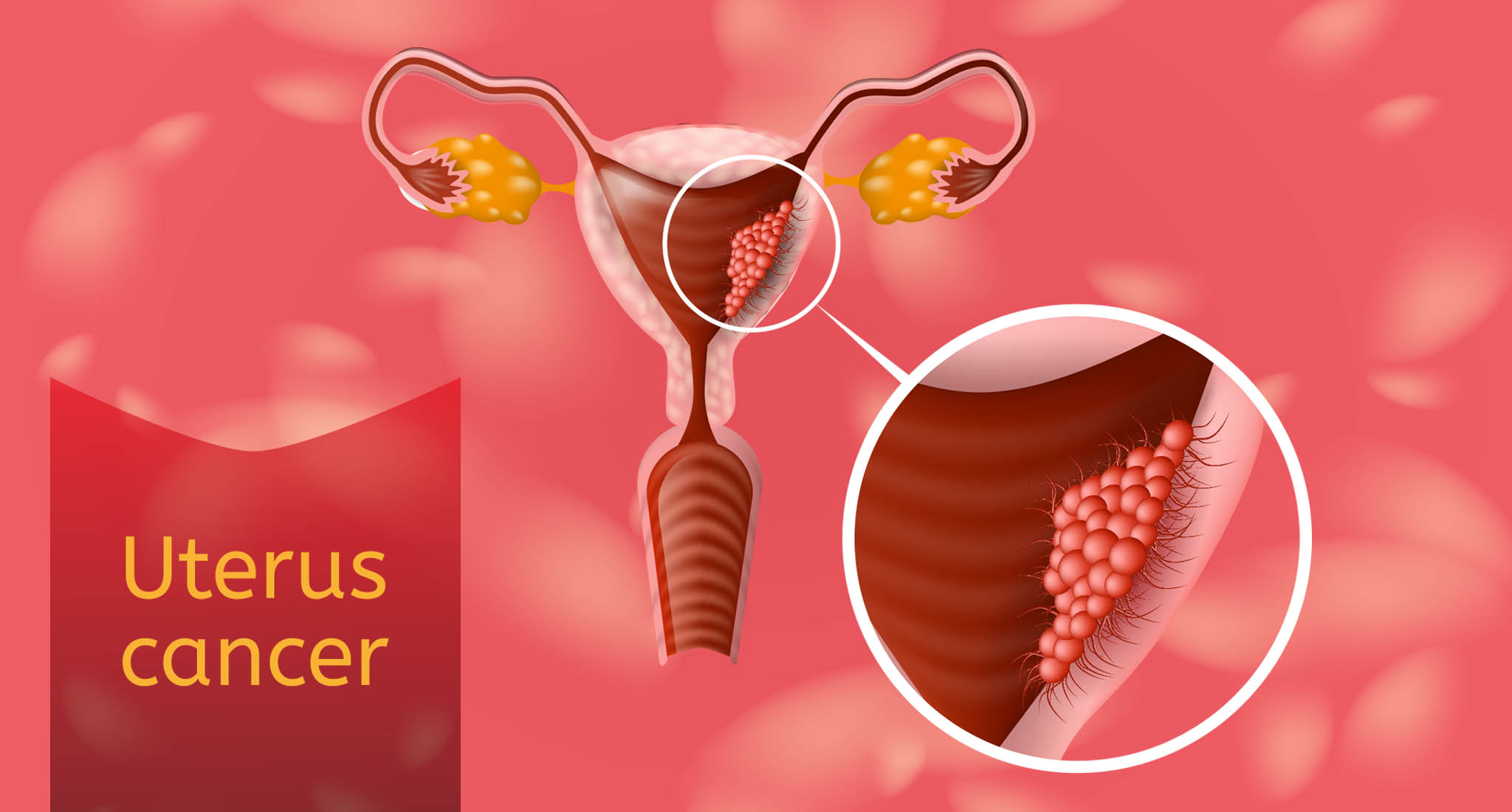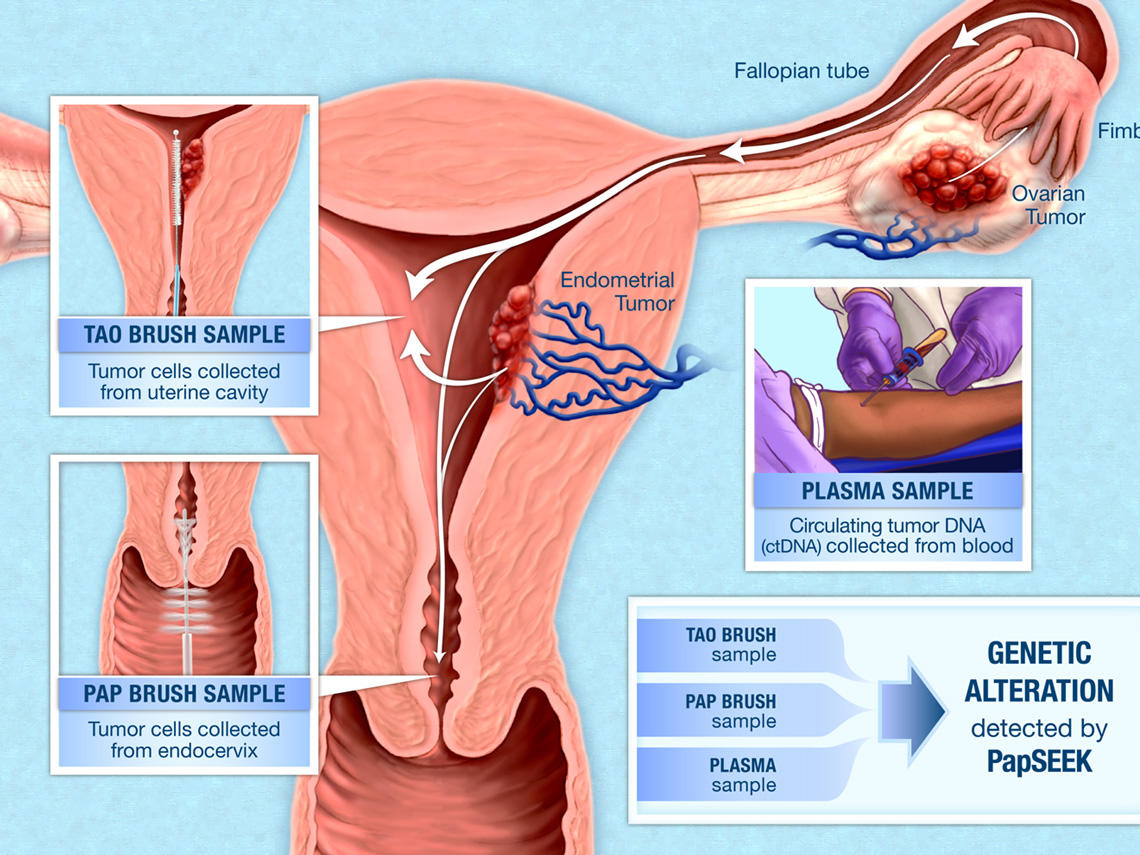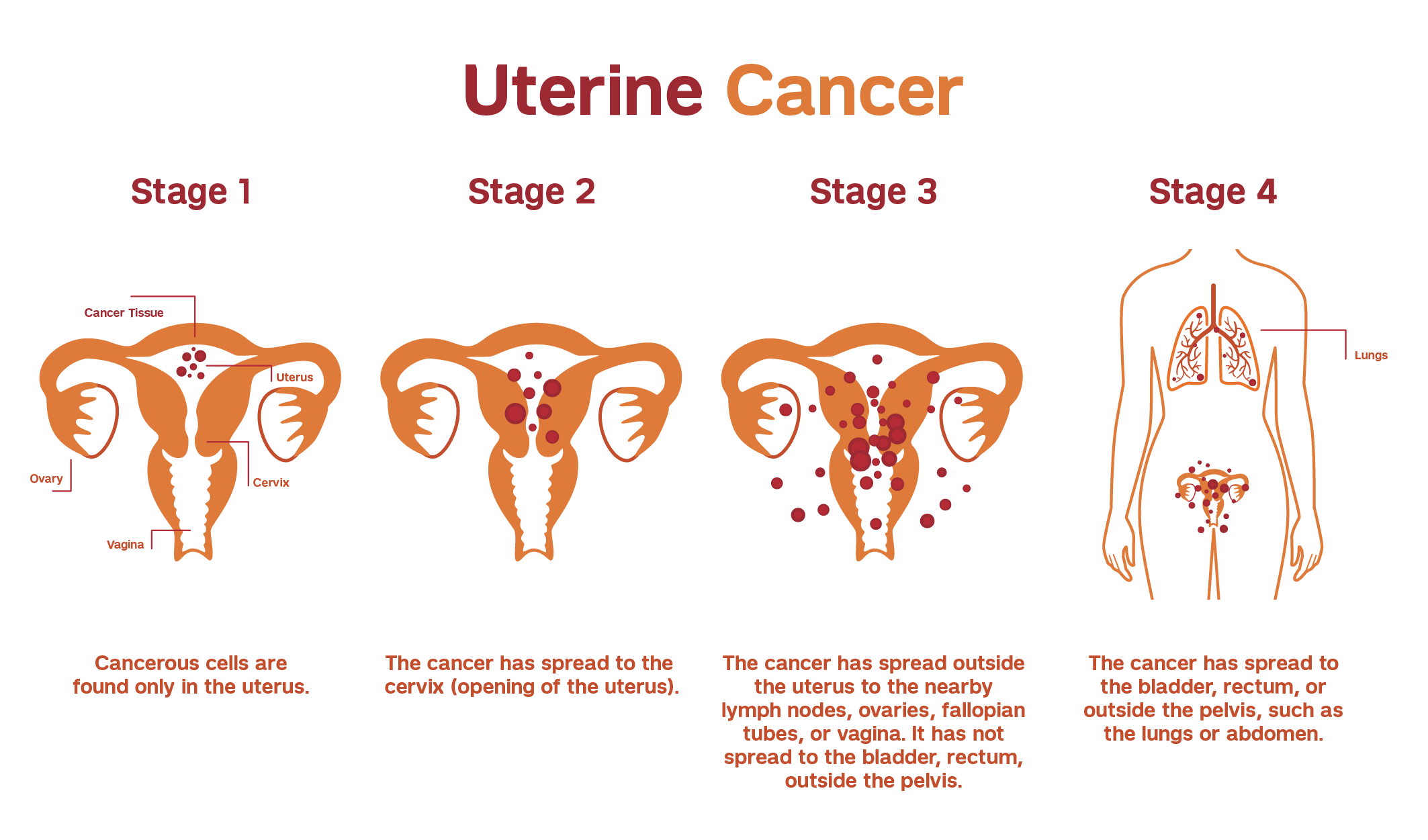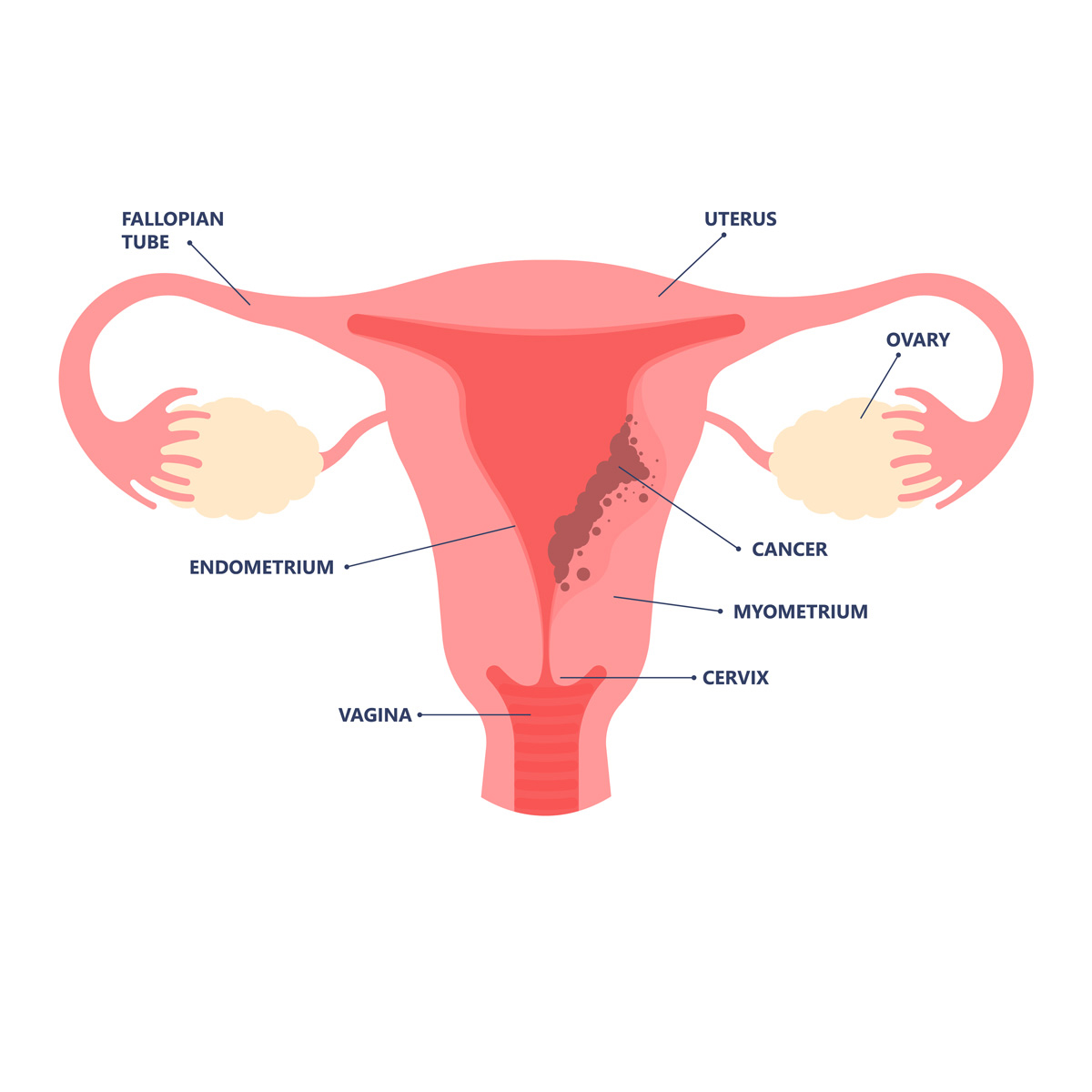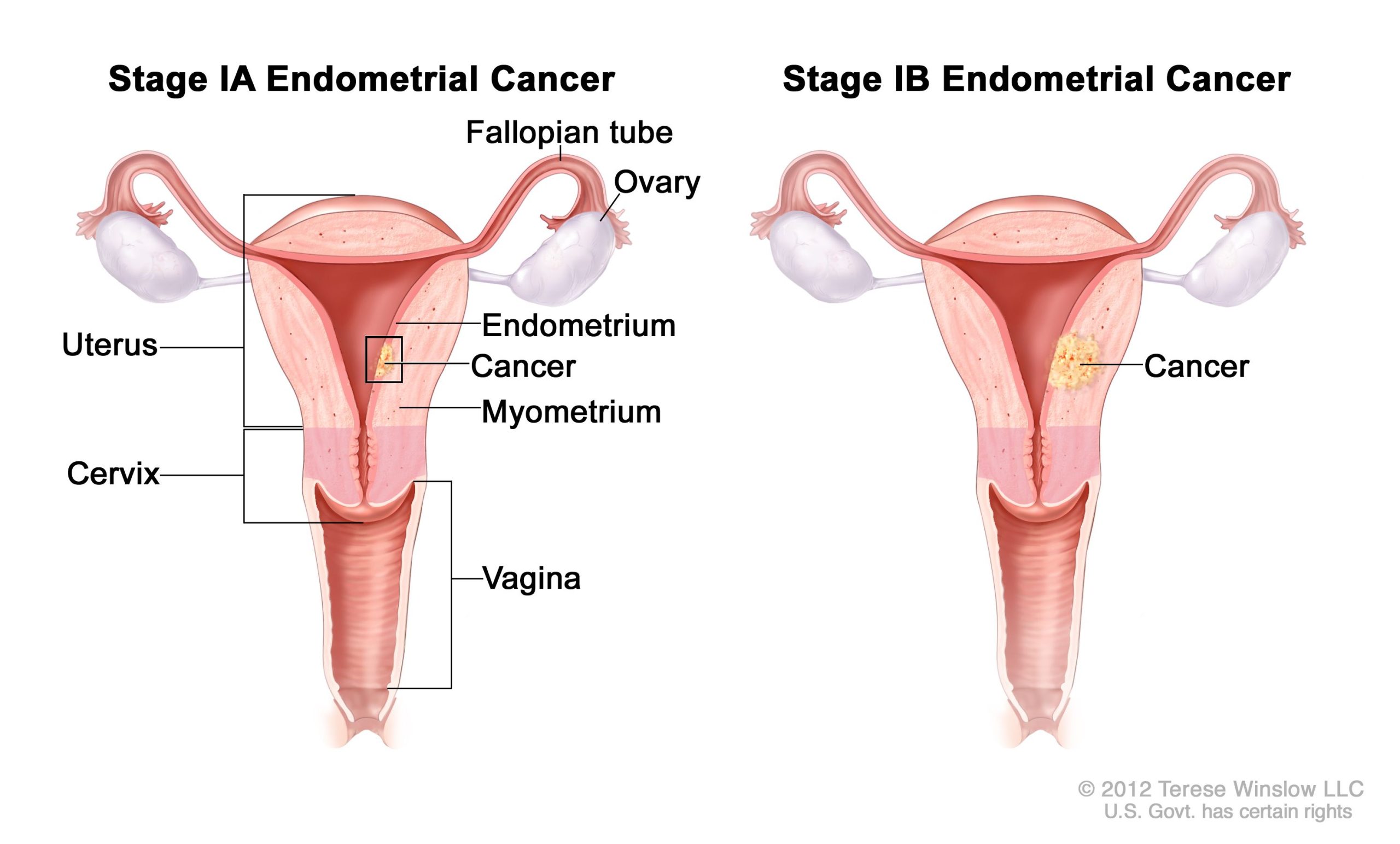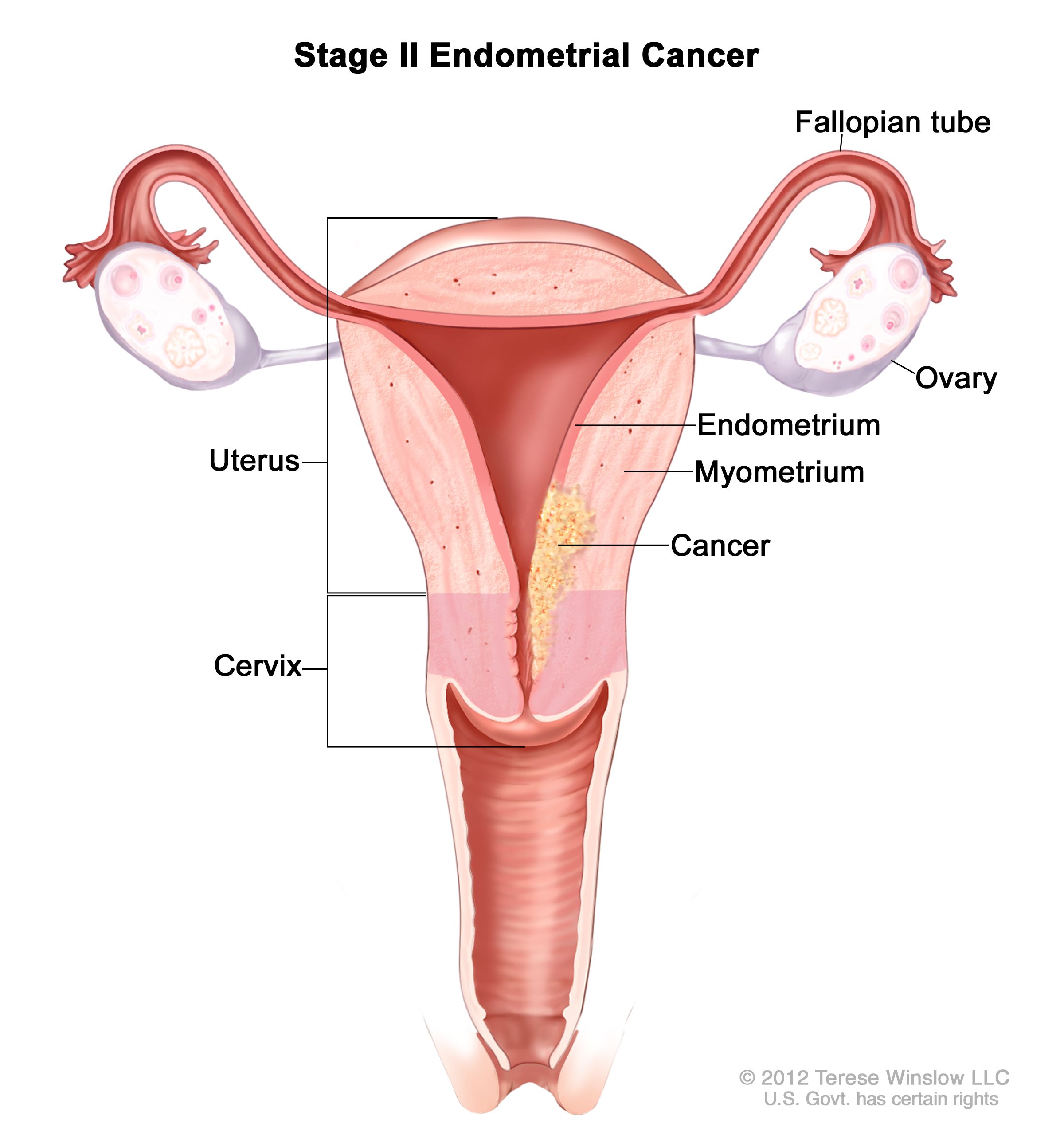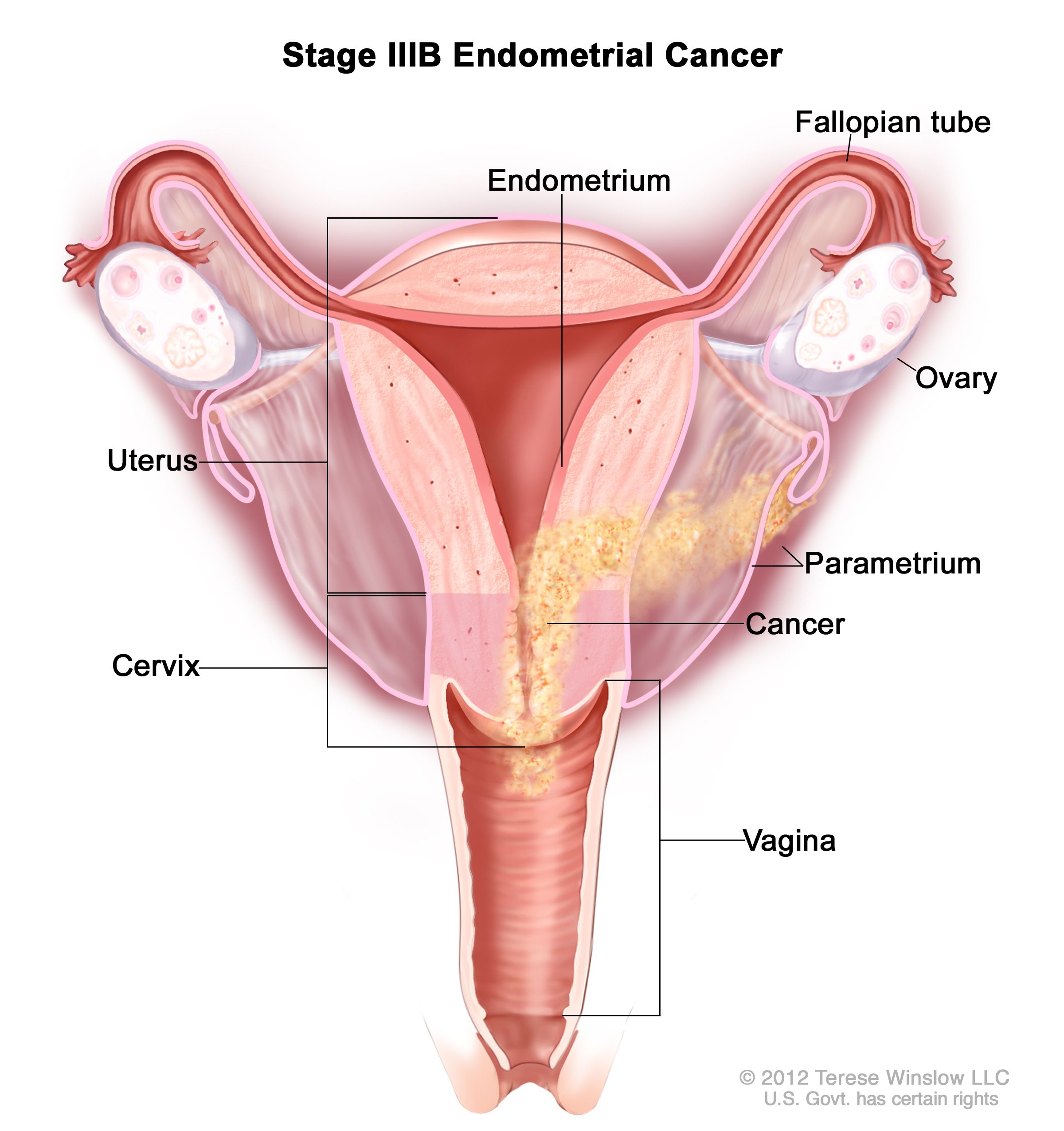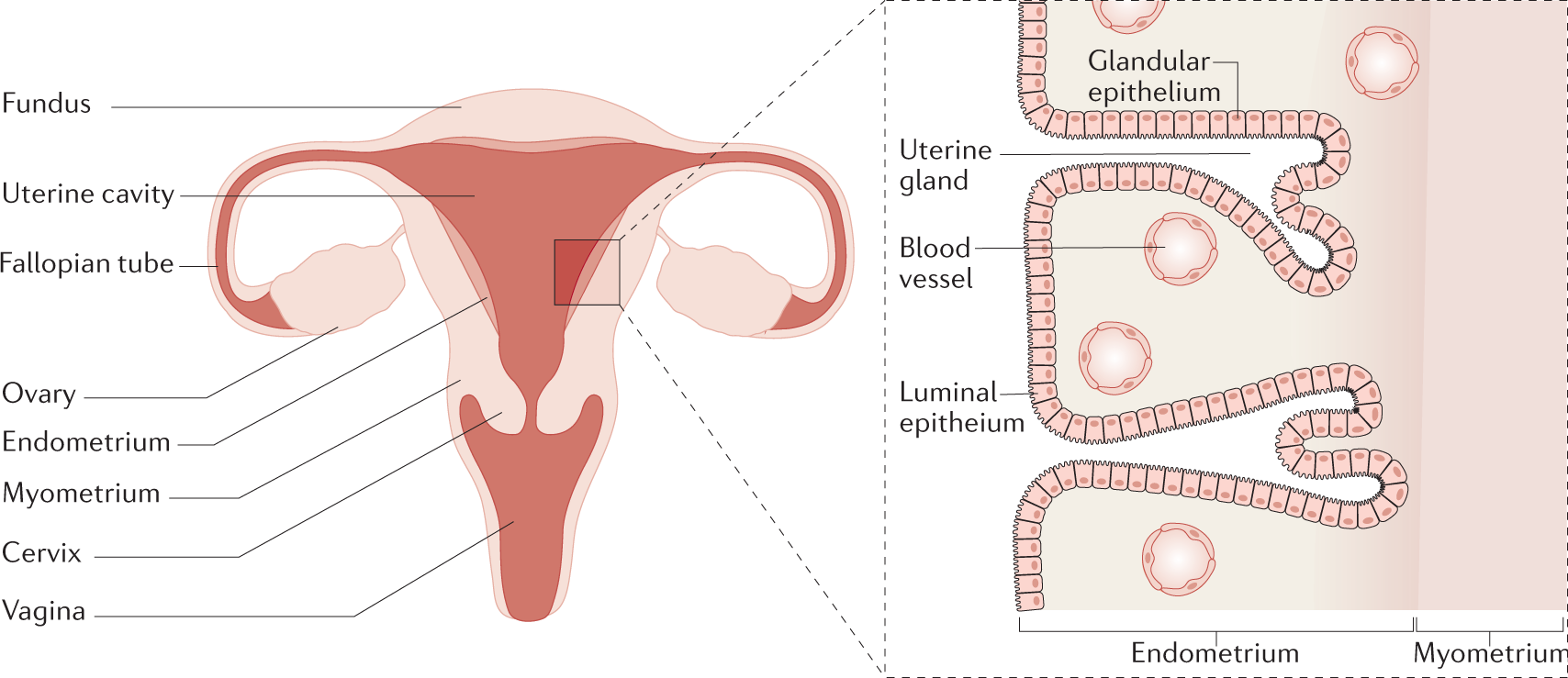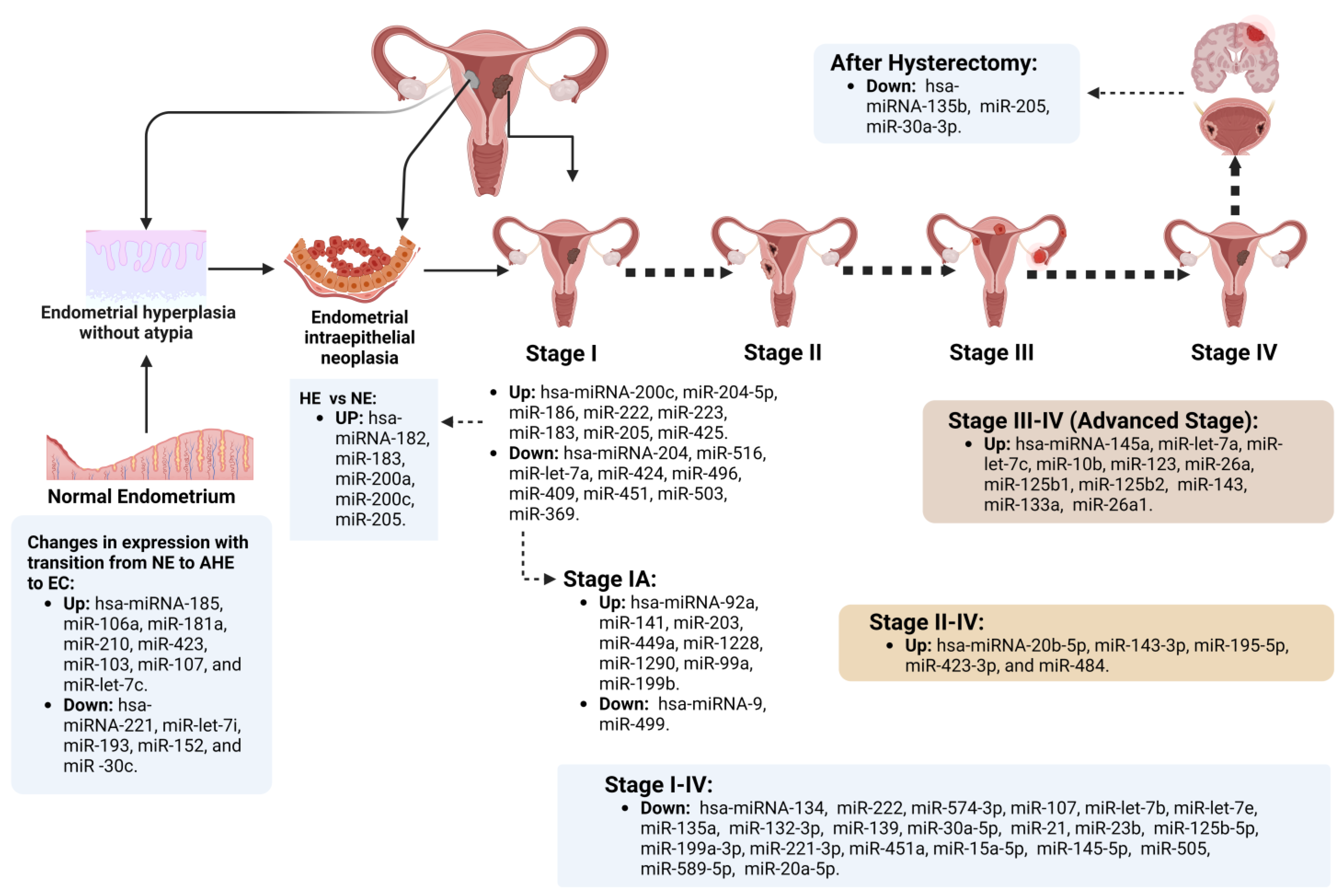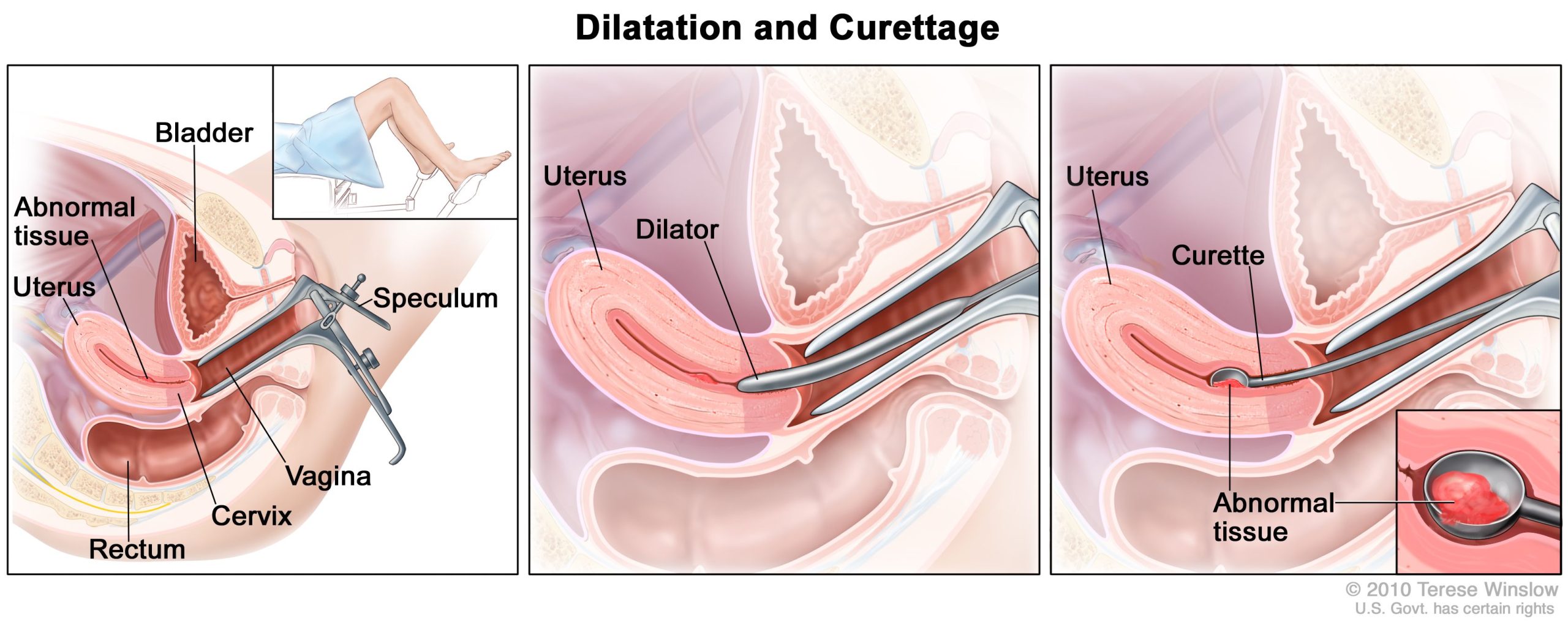
What is uterine cancer?
Cancer of the uterus is also known as uterine cancer. It is when abnormal cells start to grow and multiply in the uterus (womb). The uterus is part of the female reproductive system. It sits at the base of the abdomen between the bladder and the rectum. In Australia, about 3,000 women get cancer of the uterus every year.
There are several types of cancer of the uterus, depending in which part of the uterus the cancer occurs. Most are in the lining of the uterus (endometrial cancer). Sometimes the tumour grows in the connective tissue (called uterine sarcoma).
What are the symptoms of uterine cancer?
Unusual vaginal bleeding is the most common symptom of cancer of the uterus. Abnormal bleeding can include:
- heavier period bleeding, or other changes in your periods
- bleeding between periods
- constant bleeding
- bleeding or spotting after menopause
A less common symptom of uterine cancer is smelly, watery vaginal discharge.
Rare symptoms include:
- abdominal pain
- unexplained weight loss
- difficulty urinating (doing a wee)
- changes in bowel movements (poo)
What causes cancer of the uterus?
The cause of uterine cancer is unknown. But there are some known risk factors. These include:
- increased age
- higher body weight
- diabetes
- previous radiotherapy to the pelvis
- not having children and infertility
- a family history of cancer of the uterus, ovary or bowel
- inherited conditions Lynch syndrome or Cowden syndrome
- some types of hormone therapy
- starting periods before the age of 12 years
- late menopause (age 55 years or older)
- endometrial hyperplasia- thickening of the lining of the uterus
When should I see my doctor?
If you have any symptoms of uterine cancer or endometrial cancer, you should visit your doctor. Your doctor will ask about your symptoms and your medical history. They will also perform a physical examination.
Your doctor will want to rule out other conditions that can cause abnormal vaginal bleeding. These can include:
- polyps
- endometrial hyperplasia (thickening of the uterus lining)
- fibroids
- endometriosis
Your doctor will talk with you about tests for a diagnosis. They can also refer you to specialists for tests.
How is uterine cancer diagnosed?
When diagnosing cancer of the uterus, your doctor will usually start with a pelvic examination and an ultrasound.
In a pelvic exam, your doctor will physically examine you for any swelling or lumps. Your doctor may feel your abdomen. They may also place two fingers inside your vagina while pressing on your abdomen.
A pelvic ultrasound uses soundwaves to create images. This test can detect tumours of the uterus.
The pelvic ultrasound can be done in 2 ways.
- Abdominal ultrasound, where the ultrasound is done using an ultrasound probe on the outside of the belly).
- Transvaginal ultrasound, where the ultrasound is done using an ultrasound probe placed gently inside your vagina.
These ultrasounds are usually done together. If you feel discomfort or embarrassment, you can talk to the doctor beforehand. It may help to choose a sonographer that you are comfortable with. You may also choose to have someone familiar in the room with you.
If these tests detect a tumour, your doctor will then refer you for a biopsy. This will take a sample of cells from your uterus. These will be examined for uterine cancer.
Your doctor may also suggest other tests, such as an:
- X-ray
- MRI scan
- CT scan
- PET scan
How is cancer of the uterus treated?
Cancer of the uterus is normally treated with surgery. Your doctor will talk you through the procedure and what is involved.
If cancer is found in your lymph nodes, your doctor may recommend additional treatment such as:
- radiotherapy
- hormone treatment
- chemotherapy
After having surgery to remove uterine cancer, a follow-up plan will be developed for you. This may include check-ups that involve:
- pelvic examinations
- pelvic ultrasound or imaging tests
This will be done to make sure the cancer does not return.
Can uterine cancer be prevented?
Because the cause of uterine cancer is not known, there are no prevention strategies. But you can manage your risk factors.
The use of some oral contraceptive pills can also reduce the risk of having cancer of the uterus.
What are the complications of cancer of the uterus?
If you have had surgery to remove uterine cancer, you may experience complications. These can include:
- infection
- blood clots
- pain
- constipation
- bladder changes
- sexual drive changes
Your doctor will give you advice on how to prevent or manage these.
Surgery or radiation therapy for cancer of the uterus may mean you will not be able to get pregnant. This can be difficult to process. You can speak to your doctor, a cancer nurse or counsellor about your situation.
Who can I talk to for advice and support?
If you are living with cancer, there are services that can help. These include:
- support groups and programs
- home nursing
- meals on wheels
Visit the Cancer Australia website for fertility and sexuality support, and advice for living with cancer.
